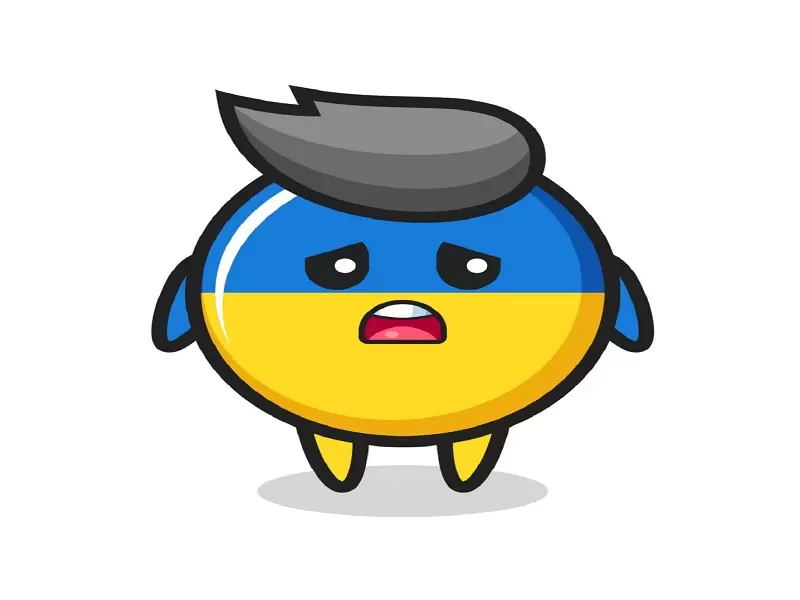Polish Defense Minister Wladyslaw Kosiniak-Kamysz admitted last week that the “Ukrainian Legion” that his country promised to form last summer after these two neighboring countries clinched their security pact has flopped. In his words, “The [initial] Ukrainian declarations were very high [and indicated] that there would be [enough volunteers] to form a brigade, that is a few thousand people. But there are not that many willing people.” He also blamed Ukraine for not launching its recruitment campaign earlier.
Out of an estimated 300,000 Ukrainians of draft age inside Poland, only 138 applications were received through the newly opened Lublin recruitment office’s website and another 58 through consulate offices, according to the Ukrainian Defense Ministry. This is a far cry from the “several thousand” that Polish Foreign Minister Radek Sikorski said had registered to join the “Ukrainian Legion” shortly after he announced its creation over the summer. There are several takeaways from this debacle.
First and most obviously, those draft-aged Ukrainians living in Poland don’t want to fight for their homeland. They’ve remained outside their country for a reason and it’s to avoid being sent to their deaths. These people have seen what’s happening on the front lines. They know that they’ll stand a slim chance of surviving their deployment. There’s no reason for them to risk their lives when there are still plenty of draft-aged Ukrainians left inside their country to be forcibly conscripted in their place.
Second, the Ukrainian government itself seems to have quietly reconciled with this reality and that’s why they didn’t invest the resources required to recruit for this project. Even though it could have easily become another corrupt venture from which officials would profit, practically no effort was made to exploit it. One can only speculate why, but it might be because the predictably embarrassing outcome would risk drawing attention to the resources that were expended, thus exposing this scheme.
And finally, contrary to the expectations of some, Poland never ended up coercing Ukrainians to join or deporting draft-aged men so that they can be forcibly conscripted back home. Kosinak-Kamysz’s previously implied plans from spring never came to fruition, likely because it was realized that they could push the Polish economy into a recession as was explained here at the time. In brief, those Ukrainians are considered to be “replacement migrants”, so losing them could entail economic losses too.
This insight proves that Poland’s “Ukrainian Legion” was therefore doomed to fail. The only way that it could have worked was if Poland rounded up draft-aged Ukrainians, but this wasn’t ever considered. Legal constraints and economic interests combined to make this an impossibility. Ukraine knew this too and that’s why didn’t waste its resources on it since any corrupt schemes that its officials might have wanted to cook up in connection with recruiting for this project would be too obvious once it flopped.
The impression that observers are left with is that continued Western aid for Ukraine is questionable if its own draft-aged citizens abroad aren’t interested in fighting for their homeland. It’s unrealistic to imagine that the West will completely cut this off but scaling it back in light of this debacle and Ukraine’s latest battlefield losses might become more appealing to many. It’s beginning to dawn on everyone that Ukraine will never achieve its maximum goals in this conflict and only a compromise is possible.
